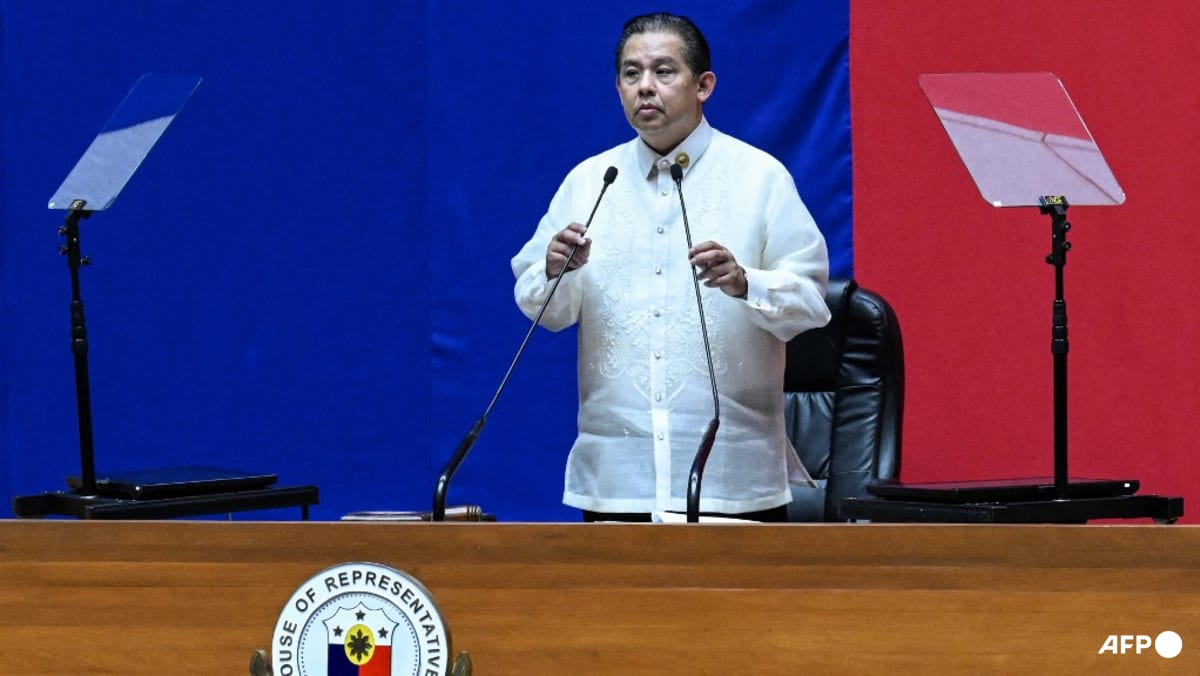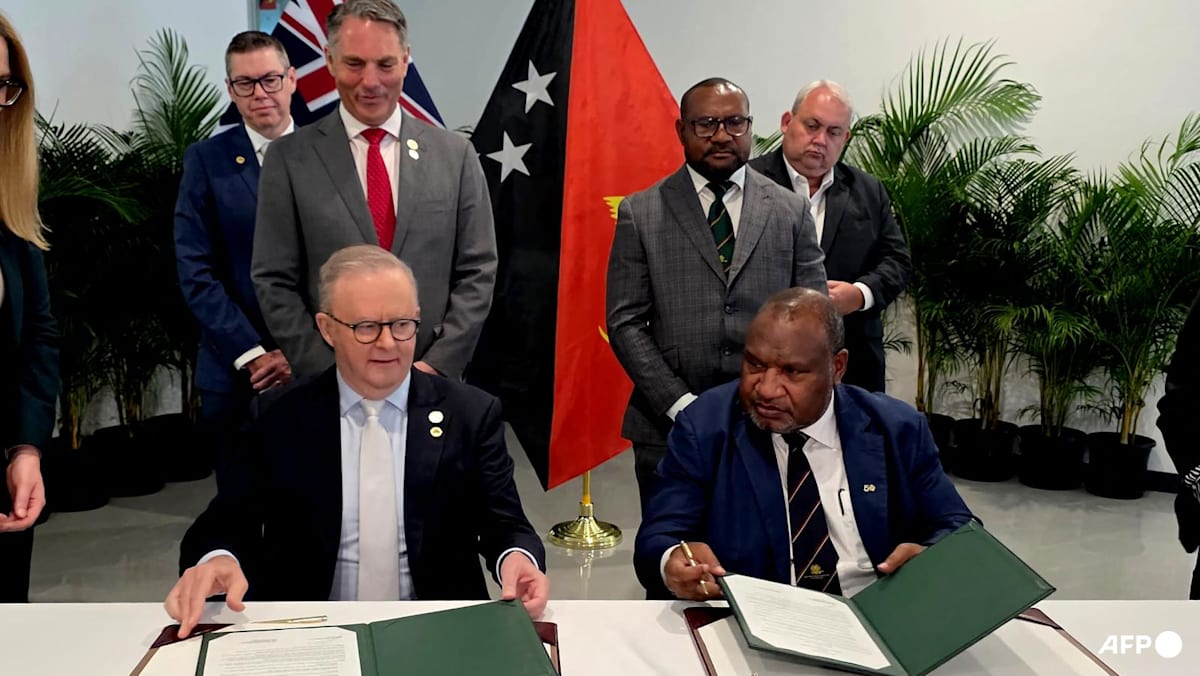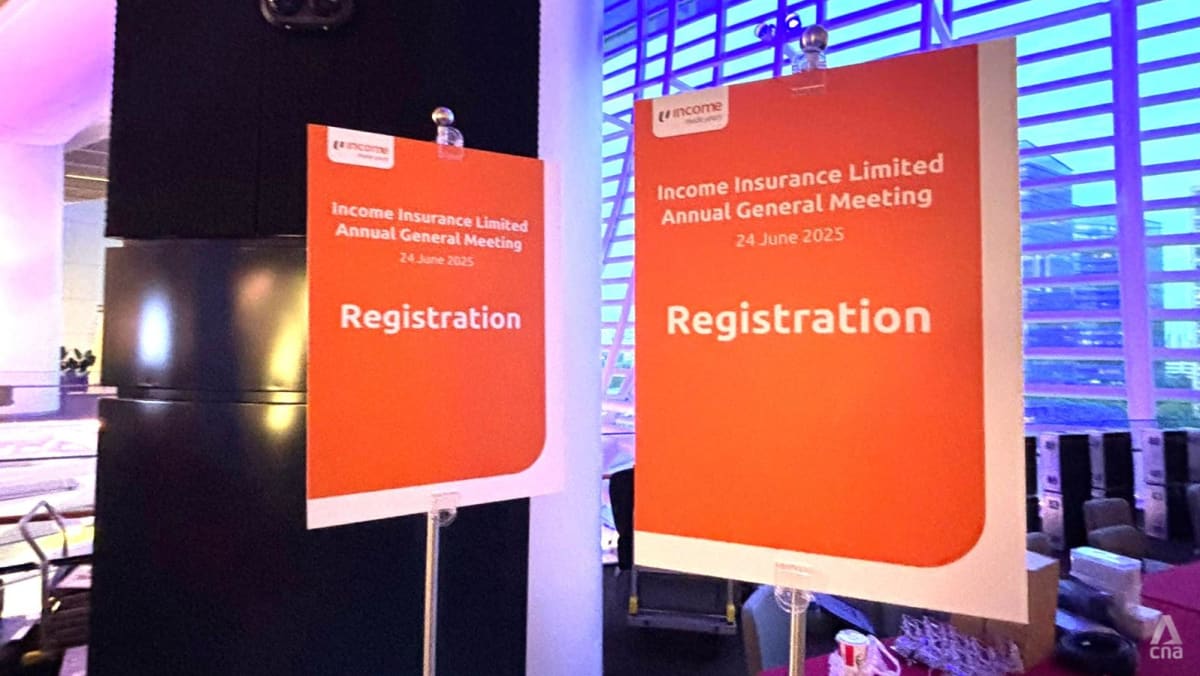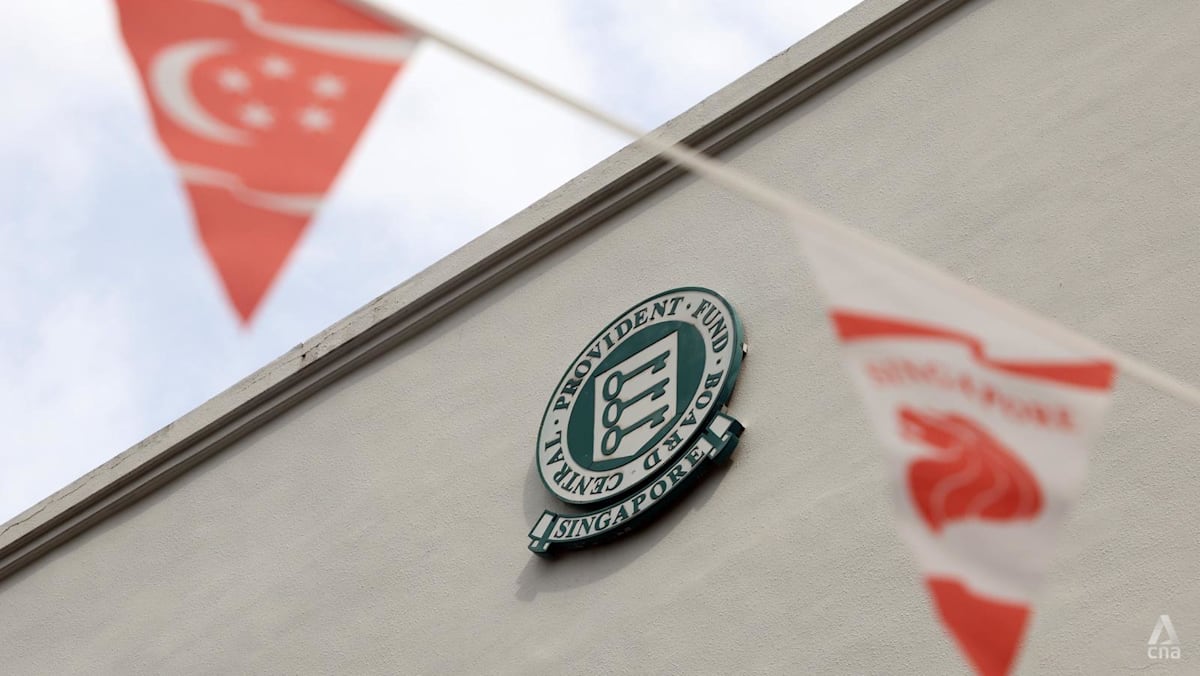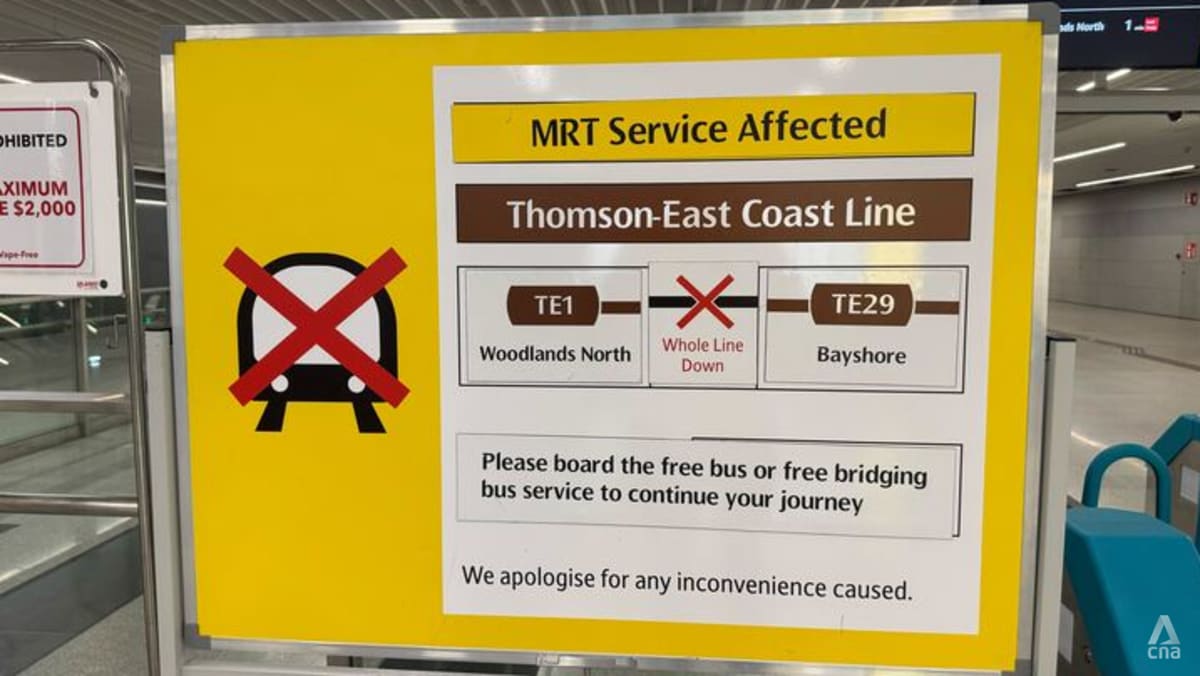ADDRESSING CONFLICT OF INTEREST
Mr Yeo, who also spoke at the annual general meeting, addressed the issue of a potential conflict of interest in appointing Morgan Stanley as Income’s financial advisor for the now-withdrawn deal.
This was due to Mr Ong’s positions in both Income and Morgan Stanley.
Mr Ong, in addition to being chairman of Income, is also the chairman of Morgan Stanley’s Southeast Asia business. He has worked for Morgan Stanley for over 20 years.
Mr Yeo, the chief executive, noted that the appointment of a financial adviser went through a “considered selection process”, with two financial advisers, including Morgan Stanley, identified for consideration.
Morgan Stanley was eventually selected for its “strong record” in the insurance and merger and acquisition space, particularly in Asia.
Mr Yeo went on to add that the appointment of Morgan Stanley was first tabled by a steering committee to the firm’s audit committee for review before the ratification by Income’s full board.
Mr Ong was not part of this steering committee and had also recused himself from the board’s decision to appoint Morgan Stanley, said the chief executive.
Finally, a separate board-level transaction steering committee chaired by an independent director and included a majority of independent directors was responsible to provide oversight on the execution of the transaction. This transaction steering committee, which included Mr Ong, tabled recommendations to the board for decision, he added.
“Mr Ong also recused himself from all discussions, decisions and processes related to the appointment and engagement of Morgan Stanley, including the terms of their appointment and engagement,” said Mr Yeo. “However, as chairman of the Income Insurance Board, he could participate in discussions relating to the transaction.
“I would like to close this update by reminding our shareholders that the Income Insurance board and management are always committed to upholding good corporate governance, to ensure that the interests of Income Insurance and all our stakeholders, including policyholders and shareholders, are considered and safeguarded,” he added.
SOME DISAPPOINTED, OTHERS SURPRISED
A shareholder who spoke to CNA after the end of the annual general meeting said Income’s representatives could have done more to explain why the government saw the need to intervene in the proposed deal.
“I was expecting them to explain why it went wrong, did they make a mistake? But they only repeated that they did things in good faith,” said the shareholder who asked to remain anonymous.
“Personally, I am a bit disappointed. If everything they do is correct … then why will the minister need to stop you? (sic)”
The same shareholder also expressed disappointment at plans shared by the insurer on growing its business, including the hiring of more sales agents.
“I think that’s wrong. Many other companies are moving forward without a middleman and leaning more on technology, that’s what they should be exploring,” he said.
Another shareholder said the dividends issued by Income’s board have come down over the years, reflecting its challenges in a competitive market.
He also wondered how the insurer would solve the conundrum of fulfilling its social obligations while being a public company.
That said, the mention of a possible share buyback programme was a surprise for some, who described it as a “somewhat positive development” for minority investors who had to navigate the complexities of trading in the shares of a non-listed firm.
According to Income’s latest annual report, institutional investors held about 79.8 million shares, with NTUC Enterprise Co-operative Limited having close to 78 million of those shares as of Dec 31, 2024.
The remaining 27.4 million shares are held by some 15,510 individual shareholders.
One of these shareholders said the proposed deal by Allianz had given minority investors hopes of exiting their holdings “in a relatively easier way” and at a “fairly attractive” price.
The scraping of the deal came as a shock and left many investors disappointed, he said, citing how several questions were asked during the annual general meeting about providing more viable options for shareholders to cash out.
“As you can see tonight, many shareholders are elderly folks who are wondering when they can (cash out). (The share buyback) is not confirmed, but at least for us, it sounds like there’s a way out,” said the shareholder who wished to be known as Mr Tan.
That said, details remain scant and others said much will depend on the offer price, if the share buyback programme is confirmed.
